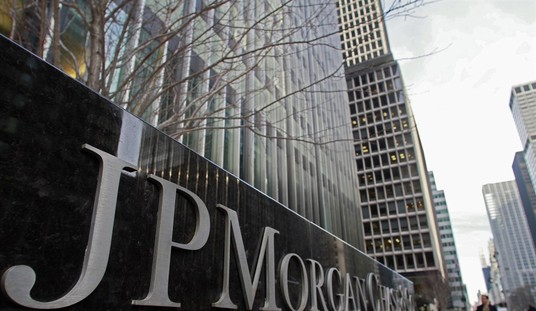Minneapolis can live without a police force, the city council argues, because they can deploy alternatives to prevent crime in the first place. They want to “reimagine” law enforcement in terms of social work, with interventions by community groups and their experts rather than armed officers of the law. That will help de-escalate situations and lower the crime rate, the council argues as it pursues a change to the city charter to eliminate the police department.
However, those community groups have something in common with the police department. The city council doesn’t want to pay them either:
Organizers of several Minneapolis crime-prevention groups have temporarily stopped doing street outreach because they say the city hasn’t paid them in weeks, even as gun violence continues to rise.
The groups — including We Push for Peace and a coalition of ministers and gang members organized by Rev. Jerry McAfee that helped guard North Side businesses during the riots that followed George Floyd’s death — had been working with the city to combat crime, particularly in the Third and Fourth police precincts. Under the direction of the Office of Violence Prevention, the groups started patrolling some of the most troubled neighborhoods, talking to gang members and trying to defuse tensions among rival crews before they erupt.
But Trey Pollard, founder and CEO of We Push for Peace, said that promised payments from the city have yet to materialize. Pollard said the group has cut back its outreach, since most of its workers rely on a steady paycheck.
“They can’t continuously keep putting their lives in jeopardy out there, and walking around from 9 o’clock at night to 3 o’clock in the morning,” he said. “It’s been a month now, and we have yet to receive a payment — you can’t expect us to keep doing the work.”
This seems like a very bad time to get cheap. Thanks to the city council’s efforts, the Minneapolis police department is draining manpower by the day. Even the New York Times has taken notice of the phenomenon, reporting that the officers remaining are retreating from interactions with residents — a trend that almost guarantees that matters will get worse when acute situations arise:
Nearly two months after four of its officers were charged with killing George Floyd, the Minneapolis Police Department is reeling, with police officers leaving the job in large numbers, crime surging and politicians planning a top-to-bottom overhaul of the force.
Veteran officers say that morale within the department is lower than they have ever experienced. Some officers are scaling back their policing efforts, concerned that any contentious interactions on the street could land them in trouble. And many others are calling it quits altogether.
“It’s almost like a nuclear bomb hit the city, and the people who didn’t perish are standing around,” Officer Rich Walker Sr., a 16-year Minneapolis police veteran and union official, said of the mood within the department. “I’m still surprised that we’ve got cops showing up to work, to be honest.” …
The prospect that a department of about 850 could lose about 20 percent of its force in the coming months has prompted major concern.
Already, about 65 officers have left the department this year, surpassing the typical attrition rate of 45 a year, Chief Medaria Arradondo told the City Council during a meeting last week. Dozens of other officers have taken temporary leave since Mr. Floyd’s death, complicating the staffing picture.
Those numbers have almost certainly grown since then, which is bad enough. That has a dynamic of its own, too, with more tentative responses, less enthusiasm for patrols that could tamp down crime, and overreactions based on inexperience with communities when they do respond. These are the issues that community-policing policies help solve by adding resources to police departments, along with reform policies to help smooth relations between police departments and the cities they serve.
The council wants instead to rely on groups like We Push for Peace. How long will those groups respond without resources? And how long will they respond when they have no effective backup from an authorized police force to protect their volunteers? Probably not long — and no one would blame them at all for it.








Join the conversation as a VIP Member